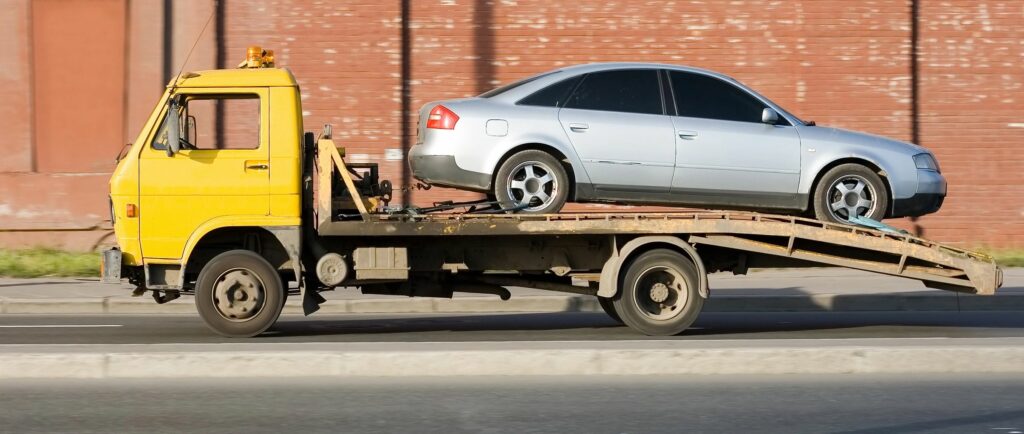With just two commonsense changes to the law, Virginia legislators could solve many of the predatory towing problems in the Commonwealth. Drivers deserve the right to due process and the right to get their vehicles back from tow lots before they pay any fees. After all, drivers who are caught committing much more serious offenses than parking improperly do not typically have their vehicles impounded and are not required to pay fines or fees until after their court date, which may be weeks or even months after they receive their ticket.
Currently, if your car is towed, you are at the mercy of a towing company. You may know that your car was parked properly; but, most likely, the police will not help you, and the towing company employees will not listen to you. If you want your car back, you will have to pay whatever the company demands, which may be more than they can legally charge. If you have sufficient time, money, and righteous indignation, you can sue. Most people do not, and predatory towing companies take advantage of this fact. Unfortunately, even if you take the company to court and win months later, you still might not be paid in a timely manner. That is why it is crucial for motorists to be able to contest the towing of their vehicle before a neutral third party before any towing fees are paid.
Who could serve as a neutral third party? Every day, all across the Commonwealth, magistrates issue search warrants, decide who will be jailed, and set the terms of bail for arrestees, among other things. If they are capable of deciding such weighty matters, magistrates should be more than capable of deciding minor parking disputes. In Texas, justices of the peace can handle these cases.
Car owners should be permitted to contest the towing of their car by written statement or in person at the local magistrate’s office. If they wish to be paid, towing companies would need to present their side of the case either in writing, in person, or via video conference. The loser would pay a reasonable fee (perhaps $25). Merely giving motorists the option of appealing to a magistrate, even if it is rarely done, should have a positive impact: if tow truck drivers knew that their actions might well be reviewed by a magistrate, they might tow fewer vehicles for dubious reasons.
In Arizona, drivers who have their cars non-consensually towed from private lots are allowed to pick up their cars and pay towing and storage fees later; Virginia should adopt a similar policy. As one might imagine, it can be tough to pay exorbitant towing and storage fees without a vehicle to get to work. Requiring towing companies to quickly release cars and send a bill to drivers should take some of the stress — and even panic — out of having a car towed. Giving drivers more time to pay towing fees could prevent some people from having to take out a payday loan, miss a utility, rent, or mortgage payment, skip a needed prescription, etc. Of course, requiring the immediate release of vehicles to their owners should reduce the amount of storage fees owed; it should also reduce the number of vehicles lost because the storage fees mounted so quickly that the owner was unable to pay them. In addition, if towing companies had to promptly return cars to their owners, there might well be fewer angry interactions at tow lots, which can sometimes lead to violence.
In the current rigged system, predatory towing companies act as judge, jury, and executioner and collect large sums of money by holding cars for ransom for extended periods of time. This must change. Drivers who believe that their vehicles were towed improperly should be able to contest the towing of their vehicle with a local magistrate; and drivers should be able to quickly retrieve their cars from tow lots and pay any fees they actually owe later. By making these two changes, legislators could reduce improper tows, reduce the number of innocent people being inconvenienced, and, quite possibly, reduce the incidents of violence at tow lots.
Richard McCarty is a native Virginian who works at a think tank in Northern Virginia and serves on the Republican Party of Virginia’s State Central Committee.

